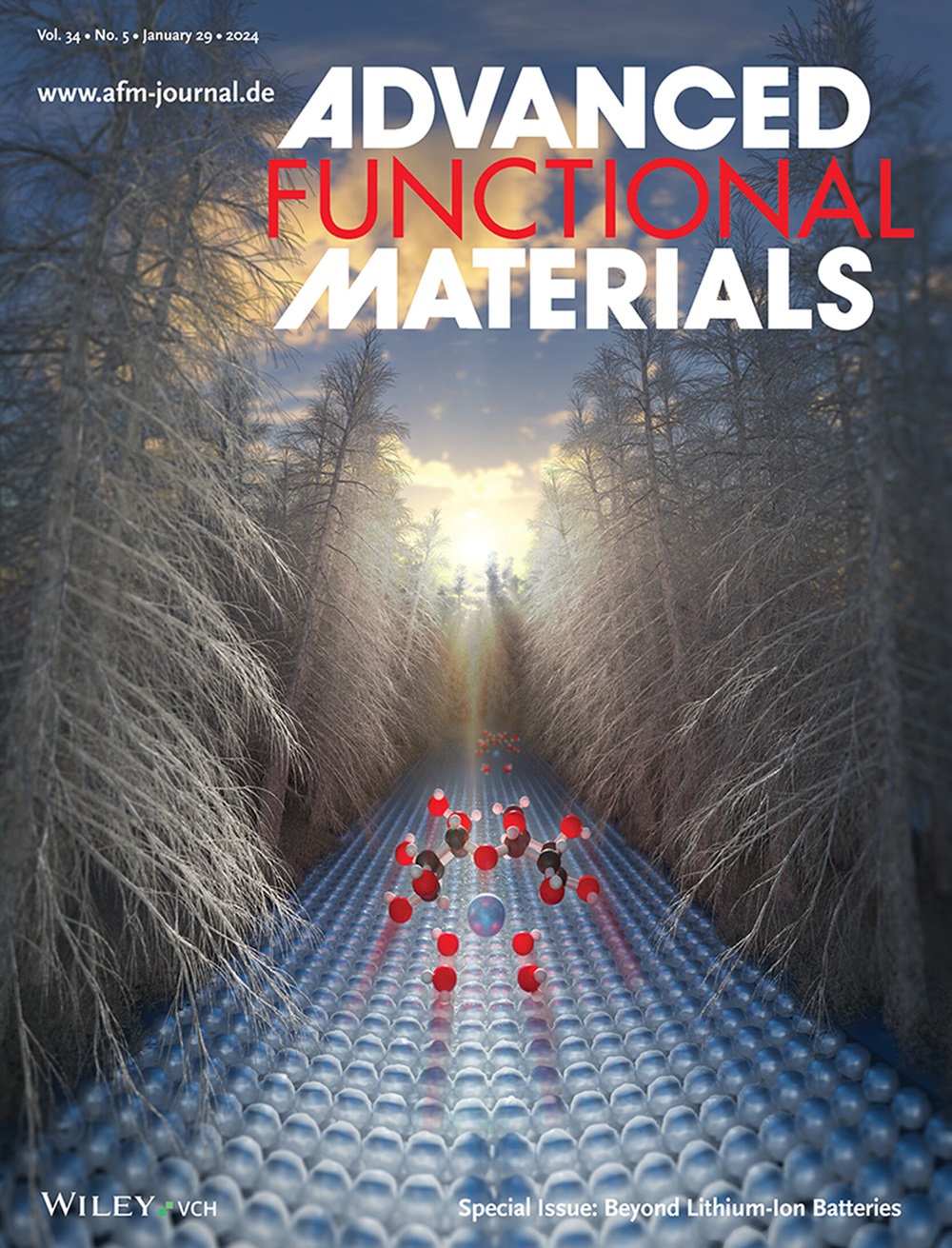Hybrid 3D-Printed Tri-Cultured Intestine with Tubular Mesh Structure
IF 18.5
1区 材料科学
Q1 CHEMISTRY, MULTIDISCIPLINARY
引用次数: 0
Abstract
In fetal patients with intestinal atresia, surgical resection often leads to short bowel syndrome, necessitating organ transplantation. Owing to a shortage of organ donors, alternatives such as 3D-bioprinted artificial intestines are receiving increased interest. However, the fabrication of transplantable artificial intestines integrating tri-cultures of viable functional cells remains challenging. This study introduces an innovative method for fabricating a tri-cultured tubular mesh intestine (TTMI) integrating myofibroblasts, endothelial, and epithelial cells. Low-concentration gelatin methacryloyl (GelMA) bioink is employed to improve cell viability, and a dual cooling module is incorporated to cool both the GelMA and the printing area for improve printability. To improve the mechanical properties of the TTMI for transplant and tubular stability, a multi-head four-axis bioprinter is used to apply bioinks and polycaprolactone (PCL). The final four-layered TTMI comprises three bioinks and PCL; the two middle layers are printed with a tubular mesh to enable cell-to-cell interactions. This technology can be used to fabricate intestines as well as other tubular organs consisting of different cells, ultimately enhancing the availability of functional tissues for transplantation therapy.

求助全文
约1分钟内获得全文
求助全文
来源期刊

Advanced Functional Materials
工程技术-材料科学:综合
CiteScore
29.50
自引率
4.20%
发文量
2086
审稿时长
2.1 months
期刊介绍:
Firmly established as a top-tier materials science journal, Advanced Functional Materials reports breakthrough research in all aspects of materials science, including nanotechnology, chemistry, physics, and biology every week.
Advanced Functional Materials is known for its rapid and fair peer review, quality content, and high impact, making it the first choice of the international materials science community.
 求助内容:
求助内容: 应助结果提醒方式:
应助结果提醒方式:


